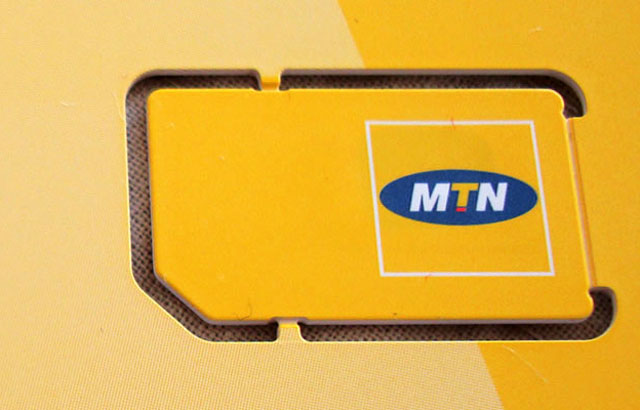 It’s time to call the situation South African telecommunications group MTN is facing in Nigeria what it really is: a state-sanctioned mugging.
It’s time to call the situation South African telecommunications group MTN is facing in Nigeria what it really is: a state-sanctioned mugging.
The Nigerian government, through its communications commission, is pointing a gun at MTN’s head, demanding that it hand over an absurd amount of money. To make it even worse, it is insisting that it do so immediately or face further, unspecified sanctions. Pay up, or else!
It is certainly true that MTN erred in not cutting off 5,1m unregistered Sim cards in Nigeria in time for an August deadline set down by the Nigerian Communications Commission (NCC). And it is only fair that it be sanctioned for this. The fine also calls into question governance at MTN and whether the board’s risk committee was doing its job. But the punishment proposed by NCC, even after the fine was cut this week by a quarter, in no way fits the crime.
With a lack of communication from the NCC about why it has imposed the maximum fine permissible, it’s difficult to see this as anything more than a revenue-raising exercise by a government that is under severe pressure as oil revenues slump. Ultimately, of course, it could end up hurting Nigeria much more in the long term than it does MTN. Foreign investors don’t look favourably on such risk and will think twice about investing in the West African nation.
The decision this week by the NCC to reduce the fine by 35%, only to communicate to MTN less than 24 hours later that, in fact, it had meant to cut it by only 25%, reinforces the view that the fine amount is arbitrary and the authorities’ approach capricious.
Remember, the fine, even with a 25% reduction factored in, is almost 40 times larger than the next-biggest fine imposed anywhere in the world on a telecoms operator (US$100m on America’s AT&T).
Remember, too, that there’s little evidence that Sim card registration laws — of the kind MTN found itself in trouble over in Nigeria — have had much of an impact in achieving their intended outcome of helping law enforcement agencies in fighting crime and terrorism.
MTN pointed out in a statement on the JSE’s stock exchange news service on Friday that the NCC has not provided any details about how the reduction in the size of the fine was determined. This is not the sort of behaviour one would expect of a competent and effective regulator. And the decision to change the size of the reduction in the fine from 35% to 25%, apparently quite arbitrarily (it’s reportedly handily blamed a “typo”), speaks either of incompetence by the NCC or political meddling of the worst order.
Although MTN has little choice but to cooperate with the authorities in Nigeria in an effort to get the size of the fine reduced — indeed, for now it’s dancing carefully around them, doing it’s best not to offend — the time may be approaching where it either has to call the NCC’s bluff, or to start fighting back legally. That time is not quite yet, though.
MTN’s best hope of securing a meaningful reduction in the fine could happen in the coming day or so, during a high-stakes meeting that is set to take place on the sidelines of the Forum on China-Africa Cooperation (Focac), currently underway in South Africa.

President Jacob Zuma is set to meet with his Nigerian counterpart, Muhammadu Buhari, at Focac, with the discussions reportedly set to focus the MTN issue.
While it’s important that the government approaches the discussions with all the necessary diplomacy and tact, it’s also important that the message is clearly conveyed to the Nigerians that the size of the fine imposed on MTN is gratuitous and unacceptable.
It needs to be made clear that the fine will have a direct impact on the taxes MTN pays the South African government, to the extent that it could have an impact on service delivery to ordinary South Africans.
Nigeria is playing a game of brinkmanship with South Africa. It is in the process of trying to mug one of its most successful companies, one which has pumped billions of dollars into Nigeria’s economy over the past 15 years and provided tens of millions in that country with access to telecoms services for the first time. It seems plausible — likely, even — that it is doing this in an effort to plug a yawning hole in its finances.
The best outcome to this mess will be if Nigeria agrees to a massive reduction in the fine — even 5% of the original fine, or $260m, would still make it the biggest in history — and that this incident and its resolution then leads over time to warmer relations between Abuja and Pretoria. South Africa and Nigeria can achieve much more as partners in Africa than as rivals.
But if the diplomacy fails, and Nigeria continues to play hardball with MTN — insisting that the unreasonable fine be paid — South Africa would be quite justified in taking a tougher line. Pretoria must not allow itself to be bullied and it most certainly must not allow one of its most successful companies to be subjected to a brazen mugging.
- Duncan McLeod is editor of TechCentral. Find him on Twitter

